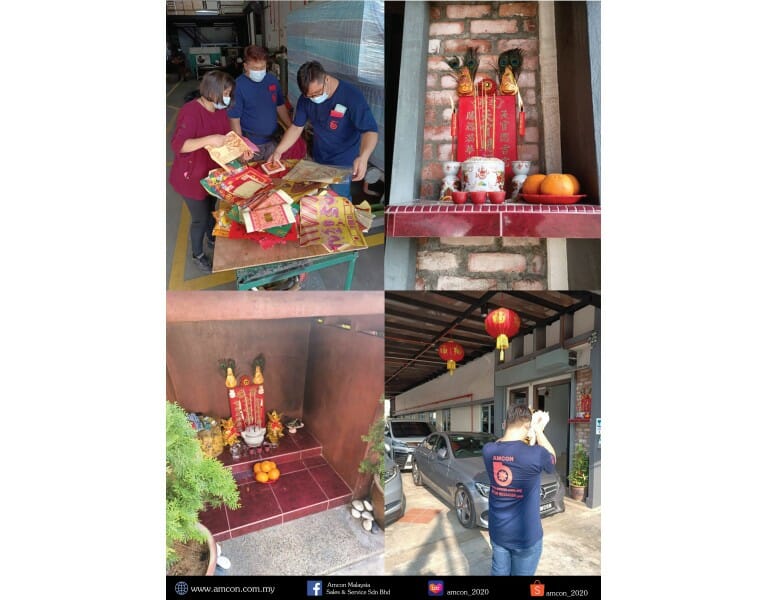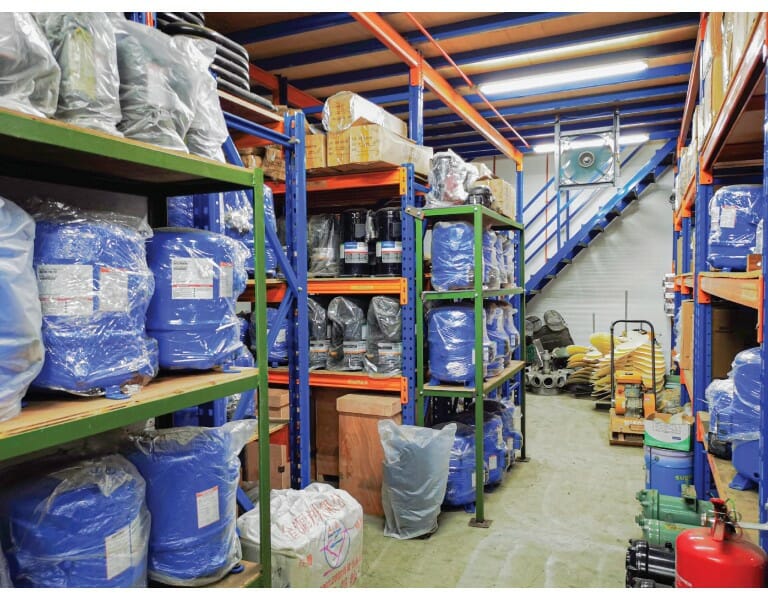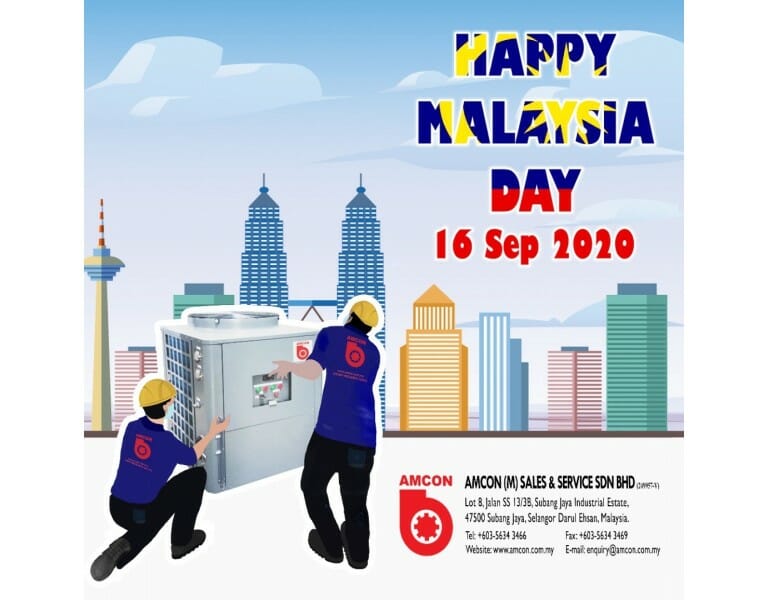Top Factors to Consider When Selecting Air Conditioning Compressor
Industrial AC Compressors: What to Look for Before You Buy
Industrial cooling systems rely on robust, efficient, and dependable components — and the air conditioning compressor (or AC compressor) stands at the very heart of these systems. Choosing the right compressor isn’t just a technical exercise — it’s a strategic decision affecting efficiency, uptime, and total cost of ownership.
As Malaysia’s leading manufacturer and supplier of industrial cooling solutions since 1988, AMCON is uniquely positioned to guide you in this critical selection process.
Understanding the Role of an AC Compressor in Industrial Cooling Systems
An air conditioning compressor pumps refrigerant through the HVAC & R cycle, converting low-pressure gas into high-pressure gas to facilitate heat exchange. In industrial systems, compressors must endure constant high demand, harsher environments, and heavier workloads compared to residential units. That’s why industrial-grade AC compressor selection requires more scrutiny and precision.
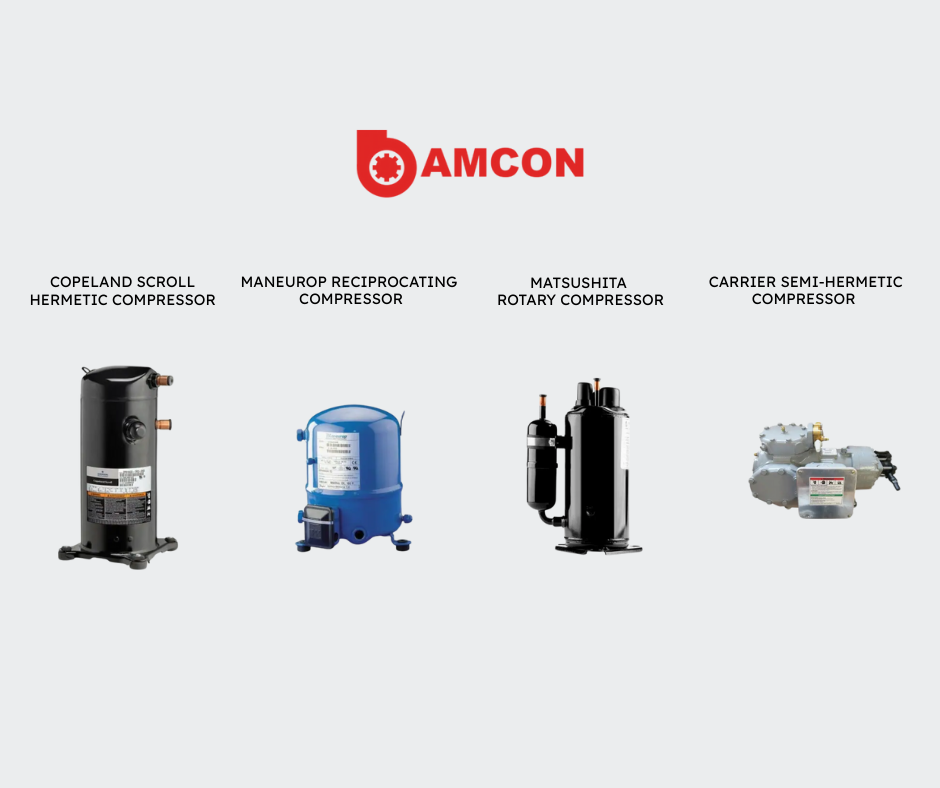
Key Considerations When Choosing an Industrial Air Conditioning Compressor
1. Cooling Capacity & System Requirements
Correct sizing is paramount. Oversized compressors lead to short cycling, energy wastage, and premature wear. Undersized units may struggle under peak loads, risking failure. Calculate cooling needs in tons or kW, and always consult technical experts if unsure.
2. Compressor Type
There are several types — scroll, screw, reciprocating, centrifugal. Industrial settings often favor screw compressors for their efficiency and reliability in continuous operations. Scroll compressors are compact and quieter, while centrifugal compressors suit very high capacity systems.
3. Energy Efficiency
Industrial operations face hefty utility bills. Look for compressors with high Energy Efficiency Ratio (EER) or Integrated Energy Efficiency Ratio (IEER) and consider variable-speed (inverter) models for dynamic load handling and energy savings.
4. Reliability & Durability
A compressor must operate consistently in demanding industrial environments — high heat, humidity, or dust. AMCON’s compressors are built with quality parts and designed for endurance, backed by decades of industry experience.
5. Maintenance & Spare Parts
Ease of servicing and the availability of original spare parts are essential. AMCON ensures local support and a reliable parts supply through its HVAC & R products and spare parts network.
6. System Integration
Compatibility with existing HVAC or industrial chiller systems matters. Retrofitting might require adjustments to power supply, control systems, or piping. AMCON’s expertise in both manufacturing and integration ensures smooth compatibility.
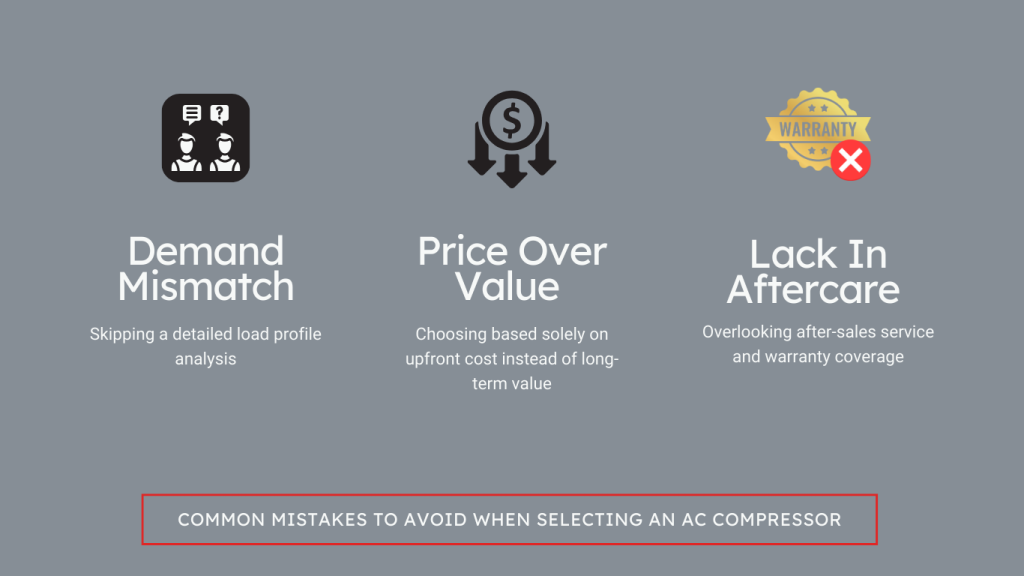
Why AMCON Is the Go-To Supplier for Industrial Air Conditioning Compressors in Malaysia
- Proven leadership since 1988 delivering high-quality industrial cooling solutions.
- Manufacturing strength with multiple assembly plants in Malaysia and China.
- Comprehensive product range from industrial water chillers to AC compressors and spare parts.
- Strong after-sales and rental support with nationwide technical assistance.
Selecting the right air conditioning compressor for industrial use requires careful consideration of capacity, energy efficiency, reliability, maintenance, and system integration. It’s not just about the component — it’s about your system’s performance, operating cost, and longevity.Ready to get expert guidance? Contact AMCON for personalised consultations and premium AC compressors that meet the demands of industrial cooling in Malaysia and beyond.
FAQs About Industrial AC Compressors
Typically 10–15 years with proper maintenance and within operating parameters.
Screw compressors are often preferred for continuous, large-scale cooling due to efficiency and durability, but scroll or centrifugal types may be better for certain applications.
Yes, many systems can be retrofitted, but compatibility and return on investment should be evaluated first.
Generally every 6–12 months, or more frequently in harsh environments.

